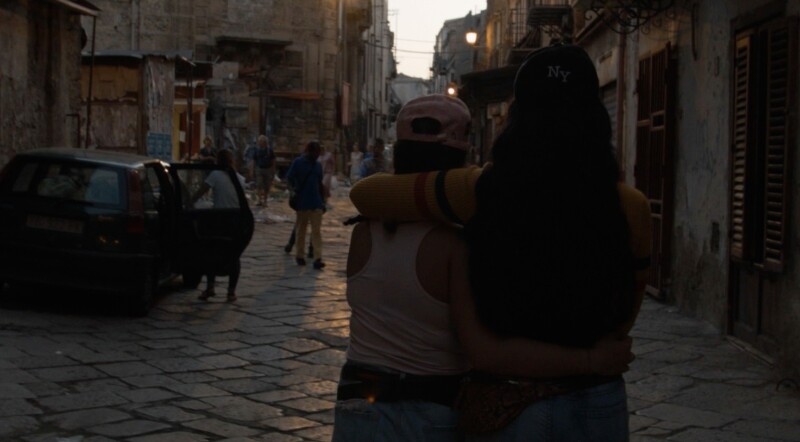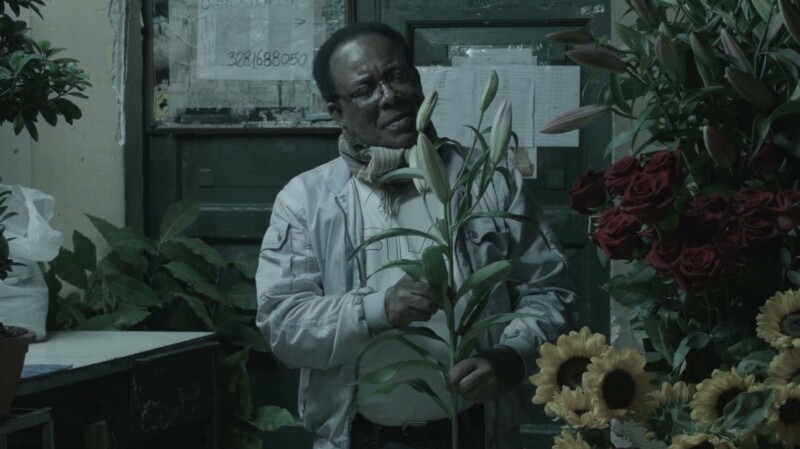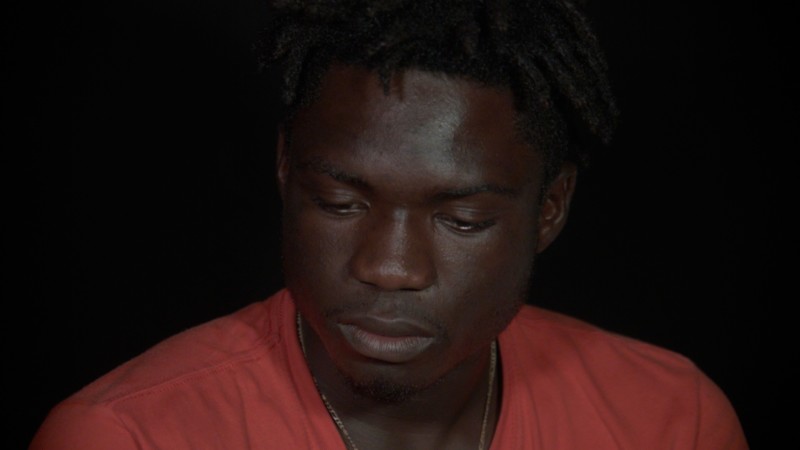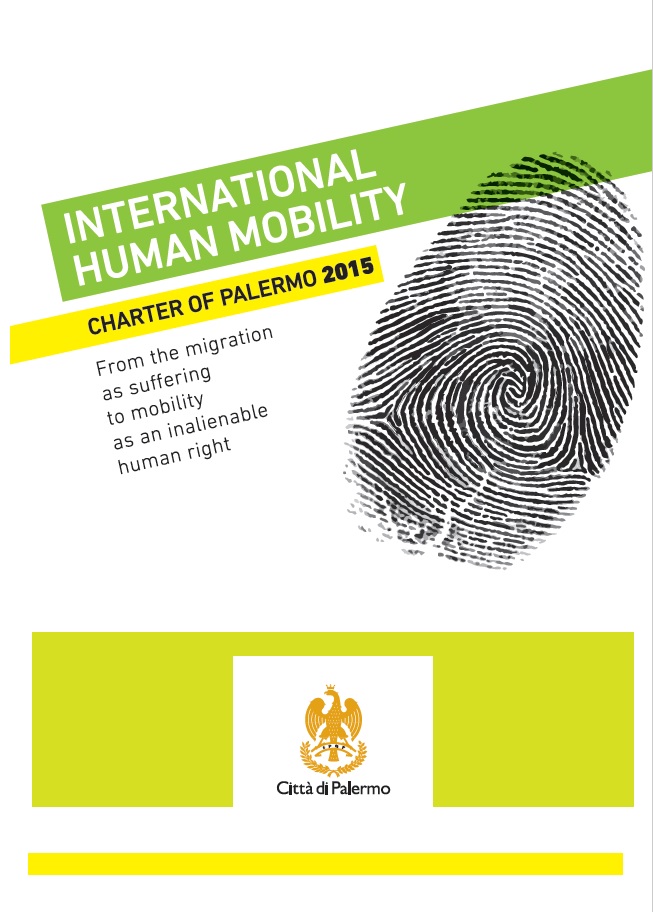One day we will find a language for this. A way to fit it all in the mouth then swallow into the folds of history. There will no longer be the torn photograph, the rusted spoon, the broken cigarettes, the woman’s body floating in a sinking boat. That child, face down in the sand, will disappear. Remembering itself, the sea will no longer speak for the sky. Blue will simply turn back to blue. There will be no metaphors, only movement and land and documents and a tongue held still between dulled teeth. I don’t want to die in a language I cannot understand: this is Borges descending heavily into the dark stairwell, a library tucked inside his throat. Maybe we know too much. That is the problem that plagued Medea. When Cassandra crossed the placid sea, she knew it was Iphigenia who glanced up, past the waves, and smiled. Kidus Giorgis slayed the dragon but we can still burn in fire. My grandmother warned me. She said, our dreams will bury us then weep. I call out to her now, she who is also named Maaza, she who stands at the shore’s edge, muted by time. Who asks to be here, I say. We are split, she says. You have two throats. Beware.
In this short story, the Ethiopian-born author Maaza Mengiste, who now lives in New York City (USA), uses many references to Greek and Christian mythology and more recent literature to address the experiences of fear, danger and loss on the flight and the wish to be able to process painful experiences in words.
Nepenthe, the title of the short story, refers in the Greek Odyssey, written between 1200 and 700 B.C., to a medicine which Helen had received from an Egyptian queen. The medicine, mixed with wine, is supposed to eliminate suffering, dispel fear and make people forget all illness. The word means “against sorrow” (ne = not, penthos = sorrow, suffering). For the other literary-mythological allusions, the footnotes offer possbible explanations.
Mengiste, Maaza, 2019: Nepenthe, in: Bhakti Shringarpure (ed. et al.): Mediterranean. Migrant Crossing. Storrs, CT: Warscapes Magazine. p. 22.
Reposted from Mediterranean. Migrant Crossings with the kind permission of Bhakti Shringarpure, founder and editor in chief of Warscapes.
For a review of Mediterranean. Migrant Crossing see here.








